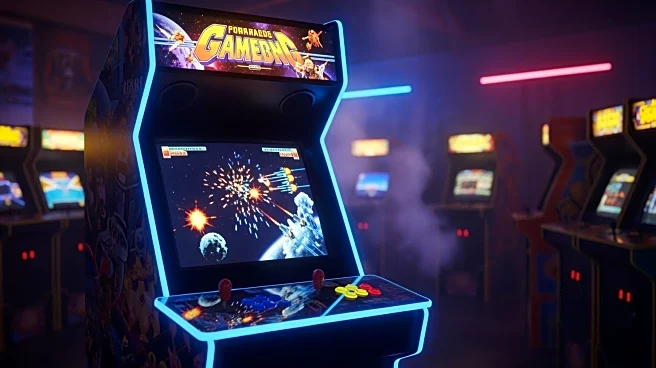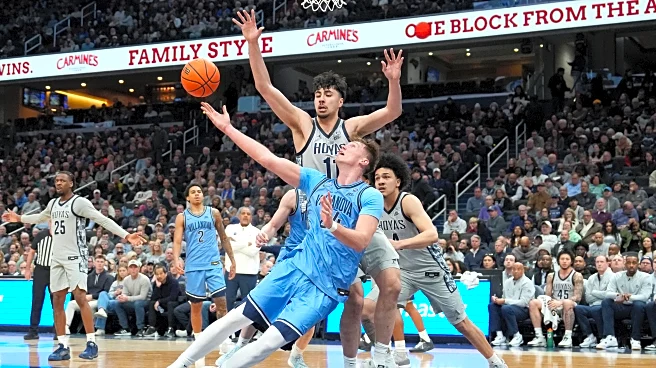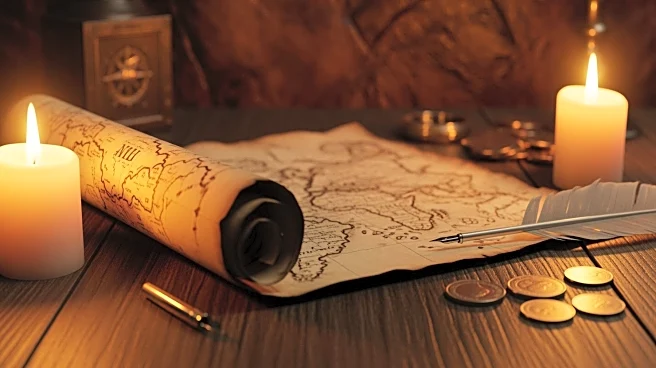What's Happening?
Psikyo, renowned for its classic shoot-'em-up games, is set to have several titles removed from Steam by the end of October due to an expiring license. The games affected include popular titles such as Strikers 1945, Gunbird, and Samurai Aces, among others.
While these games will no longer be available for purchase on Steam after October 31, they will remain accessible to those who have already purchased them. The delisting applies only to Steam, with the games still available on other platforms like Nintendo Switch. Psikyo, founded by former Video System developers, was known for its fast-paced and polished action games, which have been celebrated by fans for decades.
Why It's Important?
The removal of Psikyo's games from Steam marks a significant moment for fans of the shoot-'em-up genre, as these titles are considered some of the best in the genre's history. The delisting highlights the challenges of digital game preservation, where licensing issues can lead to the loss of access to classic games. This situation underscores the importance of digital rights management and the need for solutions to preserve gaming history. For collectors and enthusiasts, the delisting may prompt a rush to purchase these games before they become unavailable, affecting the market dynamics for retro and classic games.
What's Next?
As the deadline approaches, players may seek alternative platforms to access Psikyo's games, such as Nintendo Switch, where they remain available. The gaming community may engage in discussions about digital preservation and the impact of licensing on game availability. Developers and publishers might explore strategies to address these challenges, potentially leading to new models for licensing and distribution that ensure long-term access to classic games.
Beyond the Headlines
The delisting of Psikyo's games from Steam raises broader questions about the sustainability of digital game libraries and the role of licensing in the gaming industry. It highlights the need for industry-wide solutions to preserve gaming heritage and ensure that classic titles remain accessible to future generations. This situation may also prompt discussions about the cultural significance of video games and the importance of maintaining access to influential works in the medium.


















